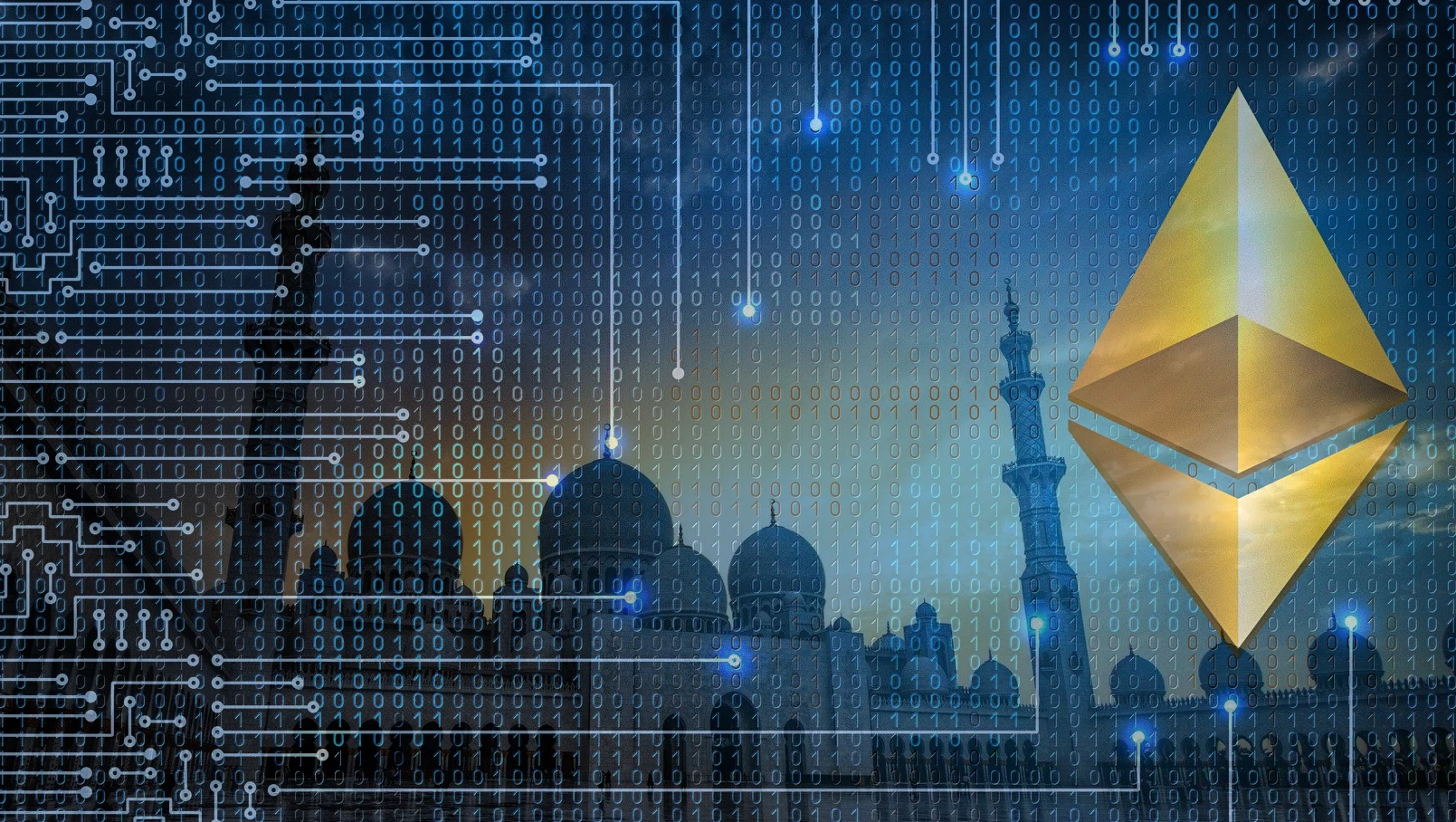
The Rise of Halal Cryptocurrency: A Sharia-Compliant Bull Market
Sharia, central to Islamic faith, guides a way of life that aligns with God’s will for humanity. It is considered the ideal path that Muslims follow to lead a fulfilling, moral life and connect deeply with God. Interestingly, the word "Sharia" translates to "the clear path." However, it’s important to note that Sharia differs from what is often referred to as "Islamic law."
In essence, Sharia embodies values derived from divine teachings, while Islamic law is developed based on interpretations of these principles. Since interpretations can vary, Islamic laws may differ in application. Despite these differences, Sharia aims to protect six universal principles of human welfare: life, intellect, faith, dignity, family, and wealth. For example, the prohibition of alcohol protects intellect, while prohibitions against adultery safeguard family integrity.
In Islamic finance, these principles guide the development of Sharia-compliant products and services. Financial transactions, investments, and services must adhere to ethical standards that prevent harm and ensure fairness, promoting a balanced and moral approach to wealth and business. This foundation ensures that Islamic finance remains consistent with the broader spiritual and ethical goals of Islam.
Understanding Islamic Finance
Islamic finance, also known as Islamic banking, is a distinct industry separate from conventional banking. This separation exists because conventional banking includes practices considered unethical under Sharia law, which prohibits certain financial practices as haram.
One fundamental principle in Islamic finance is the prohibition of riba (interest). In other words, it is forbidden to generate income from money itself, as money is seen as a blessing from God, not an object to exploit. Consequently, transactions in Islamic finance must be backed by tangible assets, such as gold, and must serve a beneficial purpose. This social responsibility ensures transparency between lender and borrower, an essential factor in Sharia compliance.
Rather than lending money directly, an Islamic financial institution purchases the asset itself, which it then sells to the borrower at a higher price, generating profit without interest. This transaction is deemed halal because it is transparent and asset-backed, aligning with Islamic ethical values.
A Practical Example
Consider purchasing a $500 smartphone. In conventional finance, you might borrow $500 from the bank, repaying $600 due to interest. Islamic finance, however, approaches this differently. The bank would purchase the smartphone, becoming its owner. Then, it would sell it to you for a higher price—say $600—in fixed installments. Here, the bank’s profit comes from a product sale, not from interest, making the transaction halal.
Islamic finance principles have proven resilient during financial crises, like the 2008 crash and the recent global pandemic. Between 2020 and 2021, Islamic finance grew by around 10% compared to 6% in conventional finance, highlighting the stability of asset-backed, transparent transactions. Today, Islamic finance is a $4 trillion industry with a strong global presence.
Sharia Compliance in Cryptocurrency
The principles of Islamic finance are increasingly applied to cryptocurrency, sparking interest in Sharia-compliant cryptos. From Bitcoin’s early days, Muslim communities questioned its alignment with Islamic ethics. In 2018, Bitcoin faced criticism from some Islamic leaders who considered its high-risk nature haram. However, later that year, a Sharia advisor with a fintech background declared Bitcoin halal, marking a turning point for crypto’s adoption.
Several blockchain projects have sought Sharia compliance to attract Islamic investors. Stellar was certified by the Sharia Review Bureau in 2018, followed by Ethereum and Algorand. In Malaysia, digital asset trading was declared permissible in 2020, while Indonesia’s major Islamic organization briefly ruled cryptocurrency as haram in 2021.
Despite some setbacks, interest in Sharia-compliant crypto has grown. In 2022, the DeFi platform Mahaba (MHB) Network saw rising demand for Sharia-compliant crypto products, reviving interest in compliant decentralized finance protocols. Today, crypto projects that prioritize transparency, ethical practices, and asset-backing are increasingly attractive to Islamic investors.
Key Factors for Sharia-Compliant Cryptos
Tangible Use Cases: A halal crypto must serve a clear purpose, avoiding excessive speculation, or gharar, a term for uncertainty or risk.
Transparency and Ethics: Open-source projects are generally more compliant, as they allow for public inspection.
No Riba or Gambling: Futures, derivatives, and staking rewards derived from inflation are non-compliant, while speculative meme coins are seen as maysir (gambling), which is prohibited.
Currently, some Sharia-compliant cryptocurrencies include:
Established Cryptos: BTC, ETH, XRP, ADA, XLM, ALGO, XTZ
Other Compliant Options: AVAX, LINK, LTC, BNB, ATOM, ETC, UNI
A Bullish Market Outlook
The growth of Sharia-compliant crypto holds substantial bullish potential. If just 5% of Islamic finance’s $4 trillion assets were to flow into crypto, that would mean an estimated $200 billion investment, driving significant momentum. With Islam’s 2 billion global followers, this shift could be monumental, particularly as the Middle East already accounts for 7.5% of global crypto trading volume, according to Chainalysis.
Beyond Islamic investors, the broader financial world may view Sharia-compliant crypto as an ethically sound asset class, raising confidence in cryptocurrency overall. As more Sharia-compliant options emerge, the crypto landscape looks increasingly promising, aligning with Islamic values and potentially setting crypto on a path toward mainstream acceptance.




